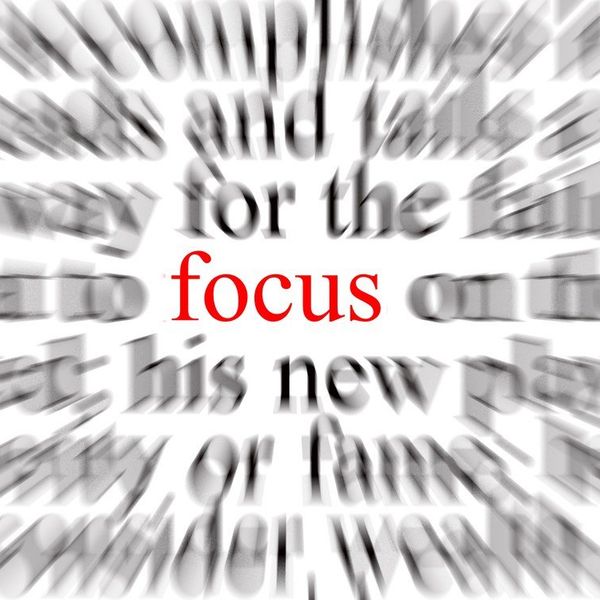Dear author of “You Don’t Have ADHD, You’re Just a Millennial"
You may not have had bad intentions when writing your article. I’m not even going to say that everything in this article was untrue, because there were some valid points in there. Here is where the problem lies: ADHD is a very real illness, and that was hardly mentioned in your article.
It’s very easy to picture the stigmatized version of someone with ADHD. Someone hyperactive, or someone who can’t focus. Those are potential ADHD symptoms, but what many people don’t know is that ADHD has a lot of other symptoms that can completely affect someone’s ability to function, and their interpersonal relationships. Some of those include:
- Difficulty prioritizing issues
- Making impulsive decisions
- Difficulty staying motivated
- A low tolerance for frustration
- Reacting emotionally to a greater degree than others
- Avoiding or delaying tasks that involve a lot of thought
- Finishing the sentences of people you are talking to before they have a chance to
People with ADHD struggle to do things that other people take for granted. It can be life changing.
You wrote the following about ADHD medications. You said, “But, as friends have pointed out to me, it seriously messes up your brain chemistry, flooding your system with extra dopamine (the reward chemical) and norepinephrine (the reason you get so jittery). And when you flood your system with extra neurotransmitters, your brain's negative feedback loop tells your brain to make less of these naturally occurring chemicals, which in turn causes a dependence on the drug to provide you with the chemicals you need in order to just feel normal. Science is cool, isn't it?”. You also said “Attention-deficit drugs are just one methyl group short of being methamphetamine. That one teensy additional carbon and three measly little hydrogens from being one of the scariest and most addictive drugs on the planet. Unless your name is Walter White, that news should be troubling. I’m not interested in "Breaking Bad;" just getting at least a B in chemistry thank you very much.”. Do you realize how offensive this is? Comparing people who take these drugs to Walter White, and saying that taking the drug should be troubling to them? Some people need these medications in order to function. Many of those people might be reading your article and feeling ashamed about taking these medications, or feel worried about dependency. It is so easy to feel ashamed about taking medication for mental illness, but it’s a tool that people deserve to use and should not feel ashamed of.
Did you know that around 50% of adults with ADHD suffer from an anxiety disorder? And that nearly 50% of people with ADHD also struggle with many symptoms of depression? Did you know that for some, one of these medications can be the difference between life and death? I know, that one sounds dramatic. College is a really hard time for people who have ADHD, and that might be why it seems so prevalent to you. For students with ADHD, it’s almost impossible to keep up with the heavy workloads. They begin to feel completely inadequate and start to wonder what is wrong with them, and why they can’t do what everyone else is doing. They wonder why a task that seems so easy and simple to everyone else feels like climbing Mount Everest. They start to feel like a failure. These depressive thoughts can quite easily lead to a downward spiral. It is proven that people with ADHD have a higher risk of suicide. However, with identification of the problem being ADHD, and treatment with one of these medications, it doesn’t have to be that way. When people find one that works for them, they can go from feeling like an unbalanced failure and start feeling like a thriving member of society.
My problem isn’t with your point of new technologies being distracting, it’s with the slant of the article. You speak of abuse of ADHD medications, and how they’re over-prescribed. You speak of the harm they can do, but you don’t talk about the good they can also do. You speak of the people who take these medications recreationally, but you don’t speak of the people that these medications were made for. They deserve recognition, and for the stigma of ADHD to be ended.





















